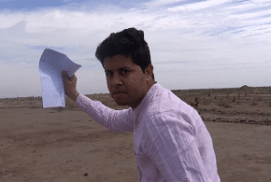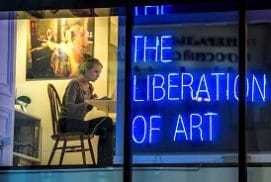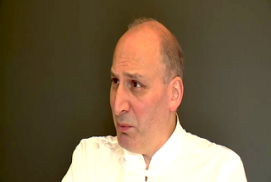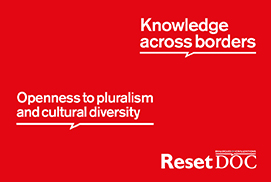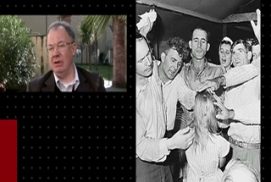At the international conference entitled “Recreating Babel; teaching cosmopolitism” organized by the Intercultura Foundation in Milan from April 7th to the 9th, 36 experts (among them Fred Dallmayr, John Lupien, Giancarlo Bosetti, Marco Aime, and Ramin Jahanbegloo) explained how social, political and economic events in the 20th Century, including the very recent events in North Africa and Japan, are almost all of an international nature and allow us to understand well how it is impossible to live within the political and cultural borders of one’s own state or nation.




